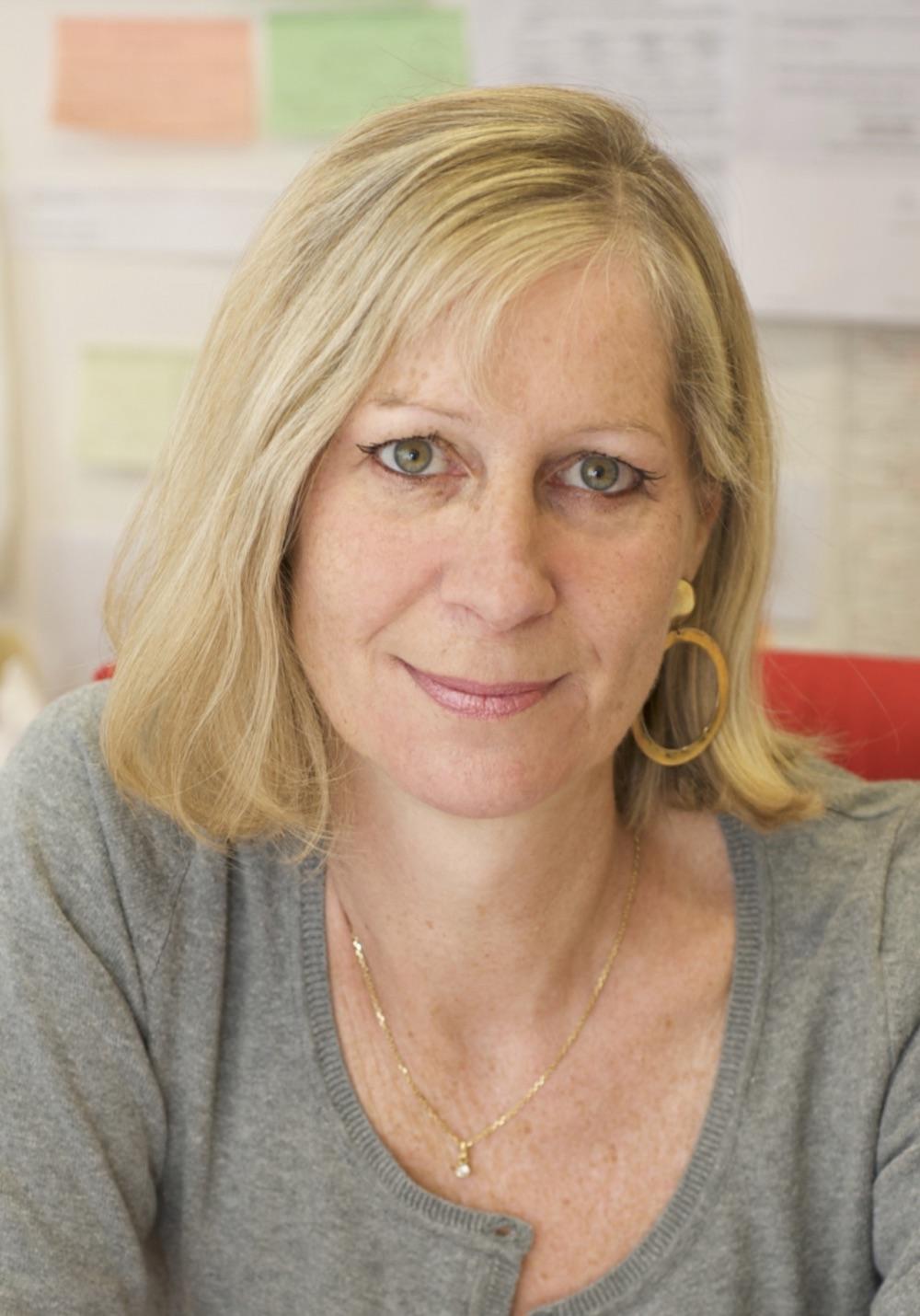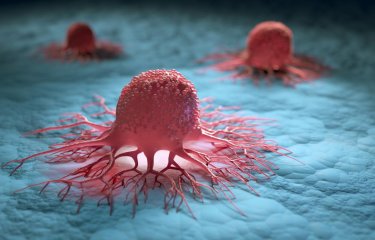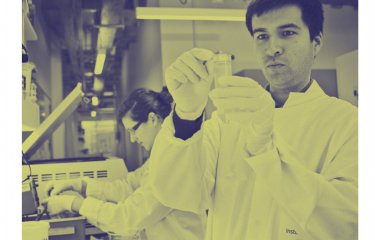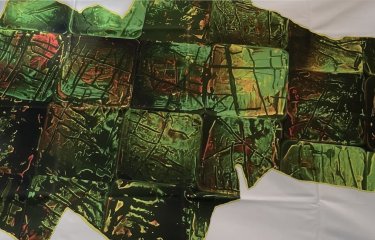Professor Anne Dejean-Assémat, Head of the Nuclear Organization and Oncogenesis Unit at the Institut Pasteur and Inserm, has recently been awarded the Sjöberg Prize 2018, along with Professors Hugues de Thé from the Collège de France and Zhu Chen from Shanghai Jiao Tong University, China. This prize, awarded by the Royal Swedish Academy of Sciences, was set up in 2016 to recognize scientists whose work has led to major breakthroughs in cancer research. The Sjöberg Prize carries a grant of $1 million to fund the future research of these three eminent scientists.

The Sjöberg Prize, awarded by the Royal Swedish Academy of Sciences, was set up in 2016 to recognize scientists who have made major discoveries in cancer research.
The laureates of this year's Sjöberg Prize have been working for almost 30 years at both academic and clinical level to shed light on the molecular mechanisms involved in the emergence and treatment of APL.
The story began back in 1980 when Anne Dejean-Assémat, then a PhD student in the laboratory of Pierre Tiollais at the Institut Pasteur, successfully cloned the integration site of the hepatitis B virus in one of the chromosomes of cancerous liver cells and demonstrated the role of this virus in the development of liver cancer. With Hugues de Thé, who joined her newly formed team to complete his own PhD, she identified this integration site as the receptor site for retinoic acid, a natural vitamin A derivative which plays an important role in controlling cell proliferation and differentiation.
In 1990, Anne Dejean-Assémat and Hugues de Thé joined forces with clinician Laurent Degos to demonstrate that APL patients have a defective retinoic acid receptor in their blood cells because of a translocation between two chromosomes, and that leukemia cells have an abnormal nucleus. These findings were not only significant on an academic level; they also explained why retinoic acid, used in APL treatment by teams of Chinese and French clinicians, is effective in treating this type of blood cancer because it corrects molecular and cellular defects in leukemia cells.
Shortly afterwards, Zhu Chen, a Chinese physician and molecular biology researcher, demonstrated that arsenic, which is often used in traditional Chinese medicine, is also effective in treating APL, and that the combination of retinoic acid and arsenic trioxide acts in synergy in cancerous blood cells. This combination increases the chances of recovery by 90%. At the same time, Anne Dejean-Assémat and Hugues de Thé successfully showed that arsenic induces a modification in the defective retinoic acid receptor, resulting in its degradation. So retinoic acid and arsenic act as two weapons with different mechanisms to correct the defect responsible for this type of leukemia.
By pooling their efforts and combining academic and clinical research, the three laureates of the Sjöberg Prize have successfully elucidated the oncogenic mechanism of APL and developed an innovative treatment for one of the deadliest forms of leukemia.
This new treatment, based on a combination of retinoic acid and arsenic trioxide, represents a revolutionary new approach to acute promyelocytic leukemia treatment, leading to the degradation of the oncogene that causes the cancer.
As Anne Dejean-Assémat explains, "This is a wonderful recognition of our contribution to the understanding of the molecular and cellular basis for a severe form of leukemia and its effective cure, which will foster the future development of highly effective oncogene-targeted therapies founded on similar approaches. I feel deeply honored and, at the same time, very privileged to join the company of the prior recipients, whom I hold in great esteem."
Anne Dejean-Assémat
Anne Dejean-Assémat was born in Cholet, in the Maine-et-Loire département in France. She has three children. She holds a PhD in Biochemistry and Molecular Biology from Pierre and Marie Curie University, Paris, and she joined the Institut Pasteur in 1980 to complete her doctoral studies in the laboratory run by Pierre Tiollais. In 1985, she was recruited as a Research Associate at Inserm. She was promoted to the position of senior Director of Research in 2009 and was appointed as a Professor at the Institut Pasteur in 2010.
Anne Dejean-Assémat has been Director of the Nuclear Organization and Oncogenesis Research Unit at the Institut Pasteur (Inserm U993) since 2003. She has authored more than 160 scientific publications in leading international peer-reviewed journals. Her research on the mechanisms of oncogenesis has achieved international recognition and received several awards.
Anne Dejean-Assémat is a member of the French Academy of Sciences and of several other learned societies in France and at international level.
The Sjöberg Prize
The Sjöberg Prize is awarded by the Royal Swedish Academy of Sciences and funded by the Sjöberg Foundation. This foundation was set up in 2016 by the entrepreneur Bengt Sjöberg, who donated nearly €200 million (2 billion Swedish krona) to promote and support research targeting cancer, health and the environment.
* Director of the Inserm unit 944 "Pathologie et virologie moléculaires."
Photo: © Institut Pasteur.





